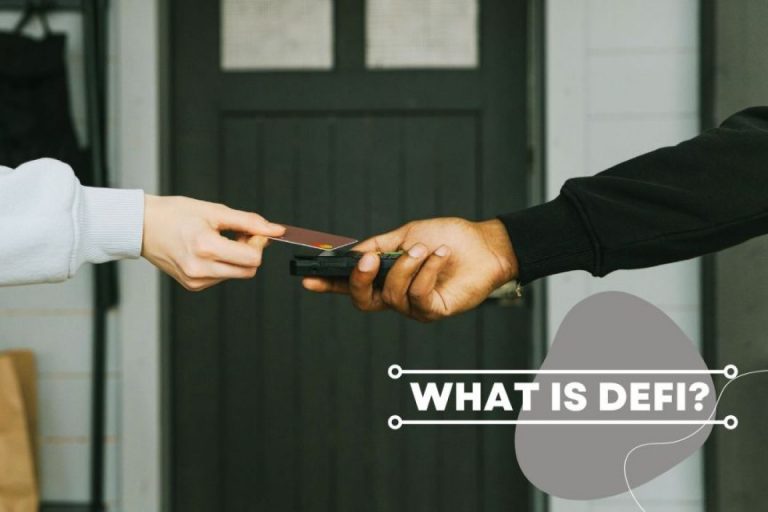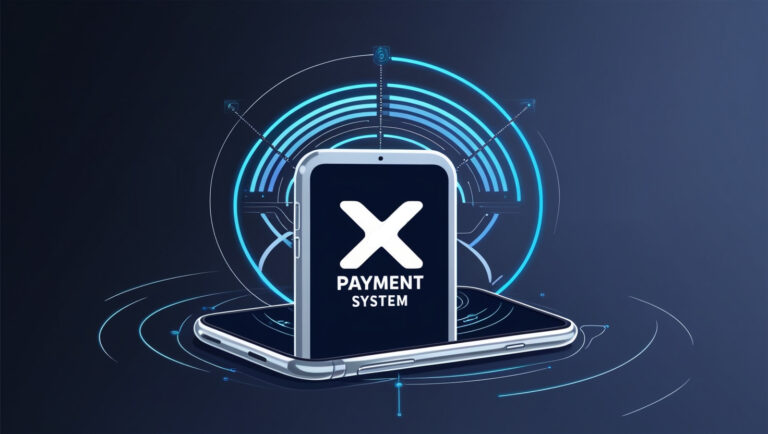What If Blockchain and NABIDH Integrated? Exploring the Future of Healthcare let’s find out.

If NABIDH (Dubai’s National Health Information Exchange) and blockchain technology were integrated, it could revolutionize the way healthcare data is managed and shared in Dubai by introducing greater transparency, security, and control over sensitive medical information. Here’s a look at how such integration could impact the healthcare system:
Enhanced Data Security and Privacy
- Blockchain’s encryption and immutability features would significantly strengthen the security of health data stored and exchanged via NABIDH.
- Sensitive patient information would be securely stored in a decentralized way, reducing the risk of data breaches or unauthorized access.
- Patients would have greater control over their own health data, as blockchain allows for more granular access permissions. They could decide which healthcare providers have access to specific parts of their medical history.
Data Integrity and Immutability
- With blockchain, once patient data (such as test results, prescriptions, or treatment records) is entered, it becomes immutable, meaning it cannot be changed or tampered with. This guarantees the integrity of the medical records.
- This is crucial in healthcare, where accuracy and trustworthiness of data are critical for diagnoses and treatments.
- Audit trails could be automatically generated, showing who accessed or modified data, improving transparency and reducing the likelihood of fraud or errors.
Interoperability and Seamless Data Sharing
- Blockchain’s decentralized structure could enhance NABIDH’s ability to connect various healthcare providers, making it easier for different hospitals, clinics, and labs to share data while maintaining privacy and security.
- Blockchain’s standardized, interoperable framework would facilitate the real-time sharing of health data across the entire ecosystem, ensuring that healthcare providers have access to up-to-date patient information no matter where the patient has been treated previously.
Patient Empowerment and Consent Management
- Blockchain can enable patients to have more control over their health data by using smart contracts (self-executing contracts based on predefined rules). Patients could authorize specific providers to access their data for a limited period or specific purpose.
- This gives patients greater ownership of their data and the ability to manage consent in real time, ensuring that their data is only shared when absolutely necessary.
Faster and More Efficient Data Processing
- The automation provided by blockchain smart contracts can improve the speed and efficiency of processes like insurance claims, billing, and other administrative tasks. Smart contracts could automate the verification of patient information or insurance claims, reducing administrative burden and errors.
- This could lead to faster healthcare service delivery and more streamlined patient care.
Improved Clinical Research and Data Analytics
- With blockchain integration, anonymized healthcare data could be safely shared for clinical research without exposing sensitive patient details, allowing researchers to access accurate and trusted data sets.
- The enhanced data integrity and transparency would improve the reliability of research outcomes and make it easier for healthcare organizations to participate in data-driven innovation.
Cost Savings and Efficiency Gains
- By reducing the need for intermediaries and automating processes through smart contracts, blockchain can lower operational costs for healthcare organizations.
- The improved efficiency in data sharing, patient onboarding, and consent management can also reduce healthcare costs and free up resources to focus on patient care.
Global Health Interoperability
- In the future, such an integration could serve as a model for global health information exchanges, enabling secure data sharing across countries. Patients traveling abroad could share their medical history with foreign healthcare providers via a blockchain-backed system, ensuring consistent care regardless of location.
Challenges
While the benefits are significant, there are also challenges to integrating NABIDH with blockchain:
- Scalability: Managing the huge volumes of health data on blockchain could require significant computational resources.
- Regulation and Compliance: Compliance with international data protection laws (like GDPR) would need to be carefully managed.
- Adoption: Healthcare providers would need to be trained and systems updated to ensure seamless integration.
Conclusion
Integrating NABIDH with blockchain technology would create a more secure, efficient, and patient-centered healthcare system. It would provide stronger privacy safeguards, data integrity, and empower patients to have more control over their health information, leading to better overall care coordination. The potential is vast, and while challenges exist, the integration could set a new standard for digital health infrastructure worldwide.





